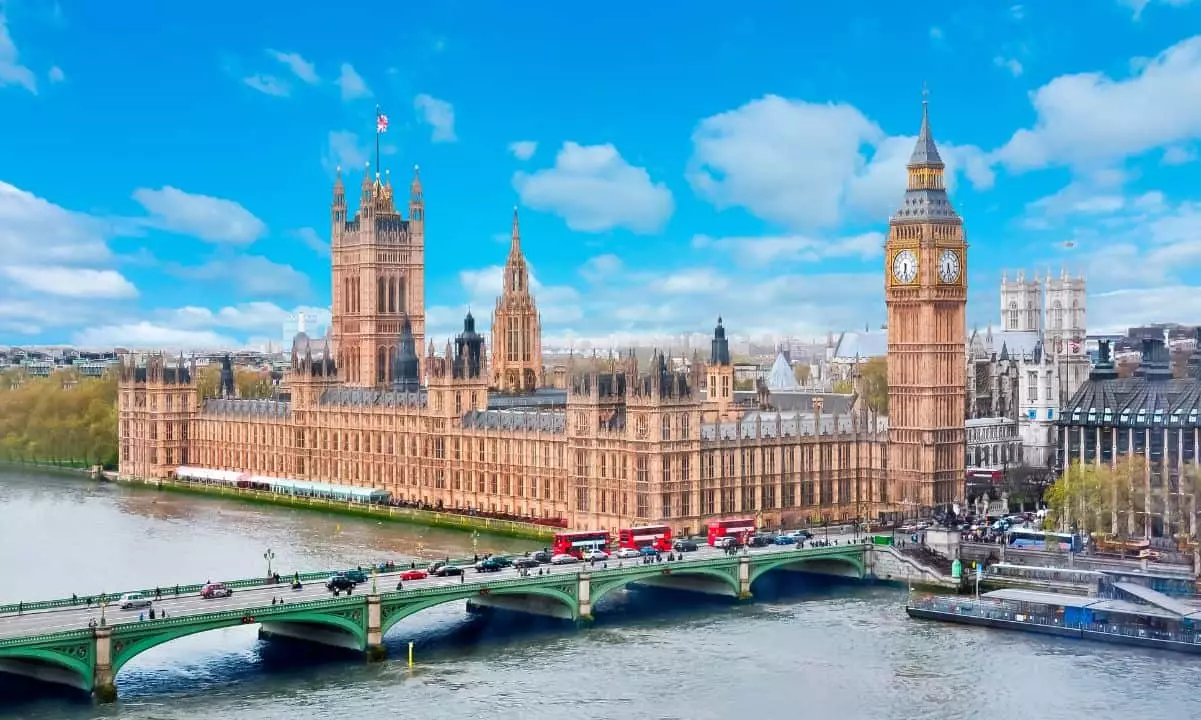In a rapidly evolving digital landscape, the British government is gearing up to introduce new regulations for stablecoins and crypto staking. This legislative initiative arises not just from a proactive stance but is also a reaction to the ambitious plans by newly elected President Donald Trump, who aims to position the United States as a predominant hub for cryptocurrencies. The U.S. strategy has sparked concerns in the UK about losing digital asset businesses to more favorable regulatory environments abroad.
The UK Treasury is reportedly preparing two key legislative measures. The first focuses on regulating stablecoins and will empower the Financial Conduct Authority (FCA) to engage directly with the industry. The second seeks to establish a framework that allows staking services to bypass strict classification as collective investment schemes, which would otherwise subject them to greater scrutiny.
The approach toward stablecoin regulation emphasizes consultation with industry stakeholders. By allowing the FCA to seek input from cryptocurrency firms, the UK aims to create a regulatory ecosystem that encourages innovation while maintaining consumer protection. This collaborative framework is vital for ensuring that regulations are not only fair but also reflective of the industry’s realities.
In the case of staking, the proposed legislation aims to reclassify these services to facilitate their growth without imposing unnecessary regulatory burdens. This nuanced approach may be viewed as a strategic move to prevent stifling an industry that is still in its infancy while ensuring that users remain protected.
With Trump’s ascendance to power and his vocal support for cryptocurrencies, the American market is buzzing with newfound optimism. His proposal to establish the U.S. as the central hub for cryptocurrencies, including intentions like firing SEC Chair Gary Gensler and creating a Bitcoin reserve, has invigorated the digital asset community. Moreover, discussions between the U.S. administration and industry leaders are already underway to outline a comprehensive regulatory framework.
These developments have undoubtedly intensified competition for the UK. The concern is palpable among British policymakers about potential talent and investment exodus toward jurisdictions that promise clearer and more accommodating regulatory landscapes. Laura Navaratnam, a leading figure at the Crypto Council for Innovation, has underscored this urgency, suggesting that the UK must seize the moment to establish itself as a formidable player in the crypto arena.
While there is a clear intention to streamline regulations, the UK’s timeline for implementing these policies has faced setbacks. Initial projections suggested that stablecoin regulations would materialize under former Prime Minister Rishi Sunak’s leadership over the summer. However, political shifts resulting from the recent general election have postponed these ambitions.
As the Labour Party, under Keir Starmer, takes control, there exists a tangible sense of urgency intermingled with a growing apprehension about falling behind. The government’s commitment to draft comprehensive guidelines for stablecoins and other crypto-assets is now set for 2024, but the delay has already raised alarms within the industry.
Despite the hurdles, there remains a glimmer of hope for the UK crypto sector. The FCA is expected to release a detailed timeline regarding its stablecoin strategy early in the new year, which may provide industry players with much-needed clarity. Additionally, an update on the development of the digital securities sandbox managed by the FCA and the Bank of England will further illustrate the UK’s commitment to nurturing the crypto ecosystem.
Ultimately, the landscape for digital currencies in the UK is at a crossroads. With a proactive regulatory stance and open lines of communication with industry stakeholders, the UK has the potential to leverage its position effectively. Although overshadowed by the rapid strides of the U.S., the British government still has an opportunity to carve out a niche that balances innovation with consumer protections, ensuring that it remains a competitive force in the global crypto market.















